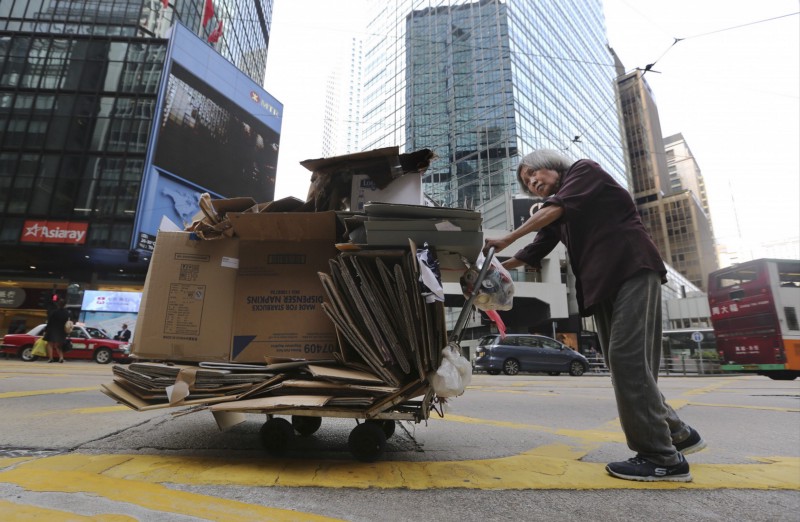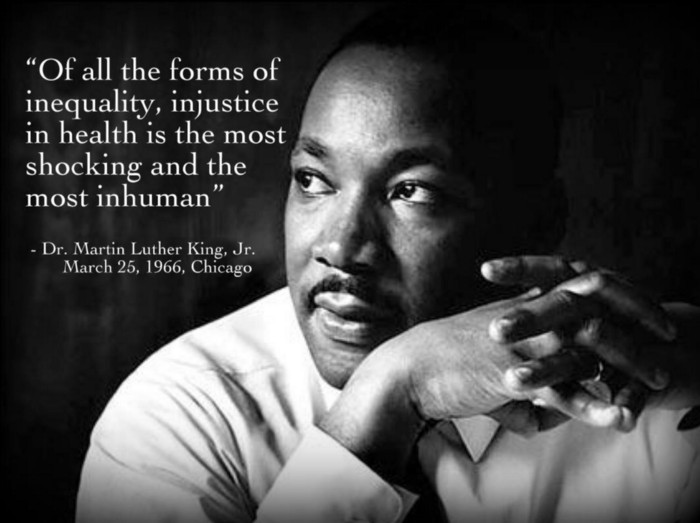Is Life Priceless?
In her article ‘Capitalism Has its Limits’, Judith Bulter asserted that the Covid-19 pandemic has exposed how different values are attached to life in different places. She accused US politicians of allowing medical care to be market driven. This is always a thought-provoking issue.
A few weeks ago, I was invited to join a group of Year 5 medical students in a medical ethics class. As I expected, most of them had become very aware of the time limitations they faced on the wards: they did not have enough time to consult with patients, nurses did not have enough time to attend to the patients……in short, time resources were severely lacking.
Resources are an eternal source of debate in medical humanities: drugs have costs, needles have costs, even humanities lessons have their costs too. It is the destiny of frontline workers to constantly struggle to be as humane as possible under limited resources.
So I asked them, ‘What do you think about the almost cliched saying, “all lives are priceless”?’

Income disparity in Hong Kong
Of course, this old saying is contradictory to our lived experience; it is but cheap talk that pales in the face of the real world, in which more fortunate patients can pay tens or even hundreds of thousands of dollars per month to keep themselves alive. It feels frivolous, almost sarcastic, when we go on volunteering trips in less fortunate nations and see the medical equipment they use there. One student asked ‘do we not have duties to people in all nations?’
‘It is but cheap talk that pales in the face of the real world, in which more fortunate patients can pay hundreds of thousands of dollars to keep themselves alive.’
In The University of Hong Kong, medical students make a pledge in line with the Declaration of Geneva on their second day. One line states: “I will not permit considerations of age, disease or disability, creed, ethnic origin, gender, nationality, political affiliation, race, sexual orientation, social standing or any other factor to intervene between my duty and my patient.”; I suspect most doctors in the world have pledged so. But despite the fact that all doctors have pledged to treat all patients fairly, every patient receives different treatment in accordance with their place of inhabitation and their own socioeconomic status.
Perhaps this is understandable. Medical resources are contributed by society members. Hong Kong is rich; rich enough to support the use of a feeding tube in an 80 year old bed-bound patient for extended periods of time. In poorer countries, many diarrhoeal patients are left to die. No matter how brilliant a doctor is, he simply cannot produce an infusion pump out of nowhere. (Of course the relationship between medical professionals and medical resources is mutual. Sometimes we cannot treat a patient due to the lack of resources, but on other occasions we are forced to treat some patients due to abundance of medical resources – but that is beyond to scope of this article).
But being understandable does not imply that it is moral. There are 4 principles in medical ethics: autonomy, do no harm, beneficiary and justice. When frontline workers communicate with patients, they often stress the former 3 principles but not justice, as patients are assumed to be indifferent towards justice that is not related to their own interests. However, we must still bear the last principle in mind, even if we do not voice it.

The question is, what should the umbrella of ‘justice’ cover? A society exists to draw a line between ‘us’ and ‘others’. Welfare is for us, charities are for them. Accordingly, any medical system which operates on taxes, tends to limit its sense of justice to that of the citizens who fund it. However, from Geneva’s point of view, such justice is so narrow-minded, so market driven, so far away from the ‘we are the world’ mentality we grew up with.
I do not have any conclusions on how far the arm of medical justice should reach, but it is this distance, rather than the medical spending itself, that impacts the extent to which any medical policy is just. Whether it is to prolong a coma patient’s life, to spend US$100,000 to sponsor medication for a spinal muscular atrophy patient, to broaden the criteria for subsidisation for novel oral anticoagulants or to invest in anticancer treatment, all these expenditures would change to another temperament if the context was changed from Hong Kong to the world. What may be applicable for Hongkongers may not be applicable for humanity at large and vice versa.
Now Judy Bulter is dissatisfied with the market driven medical care system and unhappy that the rich may be the first who can enjoy COVID vaccines. But my question is: if a medical care system is not market driven, how should it be driven?
I will not permit considerations of age, disease or disability, creed, ethnic origin, gender, nationality, political affiliation, race, sexual orientation, social standing or any other factor to intervene between my duty and my patient. Declaration of Geneva
Medical resources are scarce. All scarce resources must be allocated one way or another: by price, by need, etc. Some medical resources are allocated by need, for example oxygen is given to patients who need it most. Some medical resources are allocated by chances of survival, for example cadaver kidneys go to patients with a reasonable survival chance. But sometimes there is, strictly speaking, no need at all — in fact, many medical “needs’’ have been created.
Today, lung cancer patients “need” immunotherapy. Before immunotherapy was invented, they did not have that need. Instead, they needed chemotherapy. And before the birth of chemotherapy, they needed end-of-life care. A lot — indeed, lots and lots — of money has gone into the research and development of immunotherapy. I doubt if pharmaceutical drug companies would be as efficient and resourceful in developing new drugs and treatments if they were purely reliant on government subsidies, so we need to decide, do we want a fairer, less discriminating world with a shorter average life expectancy?
This big question relating to the inequality of human lives inequality requires eternal introspection. If we believed the universality of medical care as deeply as we pledge, the world would be an unbearable inferno. This may be a good start: If you feel it to be unbearable, make a change!
Dr Muk Lam graduated from HKUMed in 2016. She is currently working as a medical resident in a public hospital in Hong Kong.
